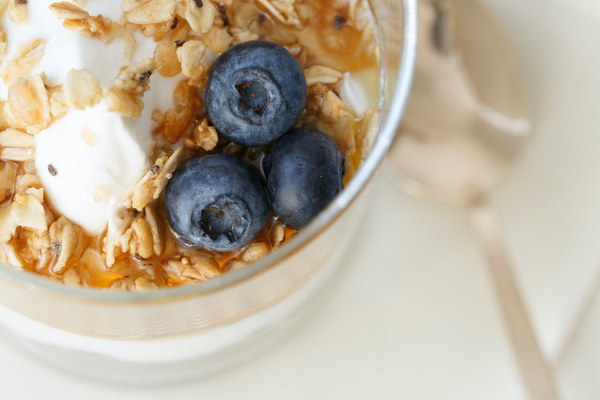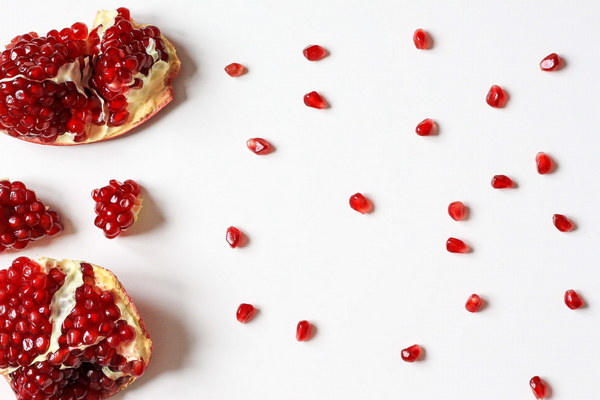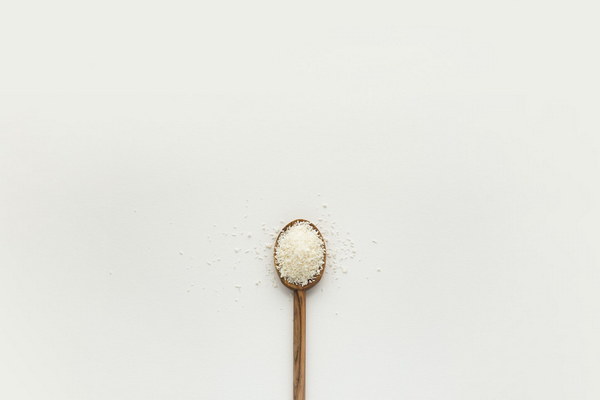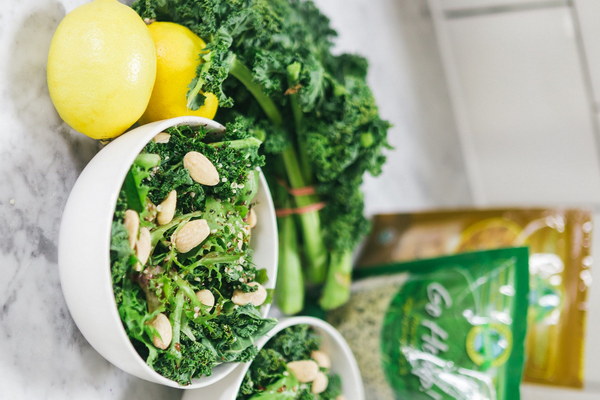Nourishing and Protecting Your Liver Without Supplements A Natural Approach
Introduction:
In the pursuit of maintaining a healthy liver, many individuals turn to supplements in hopes of boosting liver function. However, it is possible to nourish and protect your liver without relying on external supplements. This article delves into natural methods to support liver health, emphasizing the importance of diet, lifestyle, and self-care practices.
1. Diet:

A balanced diet plays a crucial role in liver health. Here are some dietary tips to consider:
a. Incorporate plenty of fruits and vegetables: These are rich in essential vitamins, minerals, and antioxidants that aid in liver detoxification and repair.
b. Choose whole grains: Whole grains like brown rice, quinoa, and oats are high in fiber, which can help reduce the risk of fatty liver disease.
c. Include lean proteins: Lean proteins such as fish, poultry, and tofu are essential for liver repair and function.
d. Limit processed foods and sugary drinks: High sugar intake can lead to insulin resistance and fatty liver disease. Replace these with healthy alternatives like water, herbal teas, and unsweetened beverages.
2. Hydration:
Staying hydrated is crucial for maintaining liver health. Drinking plenty of water helps in flushing out toxins from the body, including the liver. Aim for at least 8 glasses of water per day.
3. Regular physical activity:
Engaging in regular physical activity can improve liver function and reduce the risk of liver diseases. Aim for at least 30 minutes of moderate-intensity exercise most days of the week.
4. Manage stress:
Chronic stress can lead to the release of harmful chemicals in the body, affecting liver function. Find healthy ways to manage stress, such as meditation, yoga, or engaging in hobbies.
5. Avoid alcohol and smoking:
Excessive alcohol consumption and smoking can damage liver cells and lead to serious liver diseases. Limit or eliminate alcohol and smoking to protect your liver.
6. Limit exposure to toxins:
Toxins in the environment, such as air pollution, pesticides, and certain chemicals, can harm the liver. Minimize exposure by using natural products, maintaining a clean living environment, and wearing protective gear when necessary.
7. Sleep:
Adequate sleep is essential for liver function. Lack of sleep can lead to increased stress hormones and inflammation, negatively impacting liver health. Aim for 7-9 hours of quality sleep per night.
8. Regular health check-ups:
Regular health check-ups can help detect liver diseases early, allowing for timely treatment. Discuss your lifestyle habits and risk factors with your healthcare provider to ensure proper liver care.
Conclusion:
In conclusion, nourishing and protecting your liver is possible without relying on supplements. By adopting a healthy diet, maintaining proper hydration, engaging in regular physical activity, managing stress, avoiding harmful substances, getting enough sleep, and scheduling regular health check-ups, you can support your liver's natural functions and reduce the risk of liver diseases. Remember, a holistic approach to health is key to a healthy liver.









